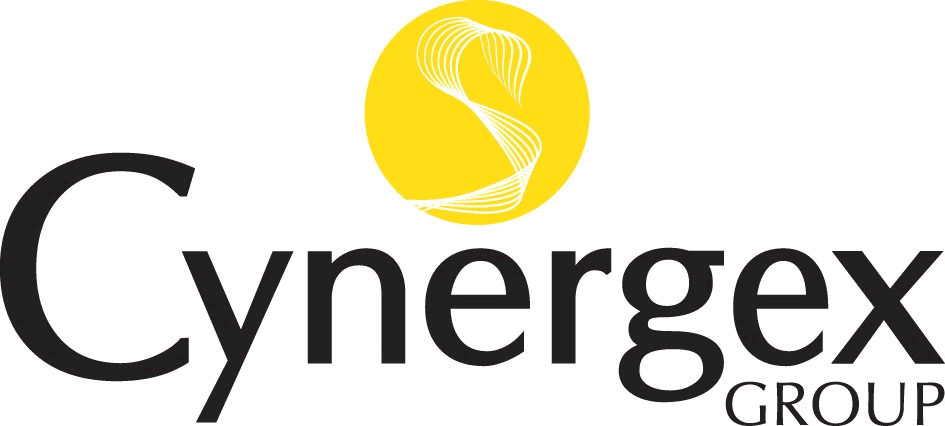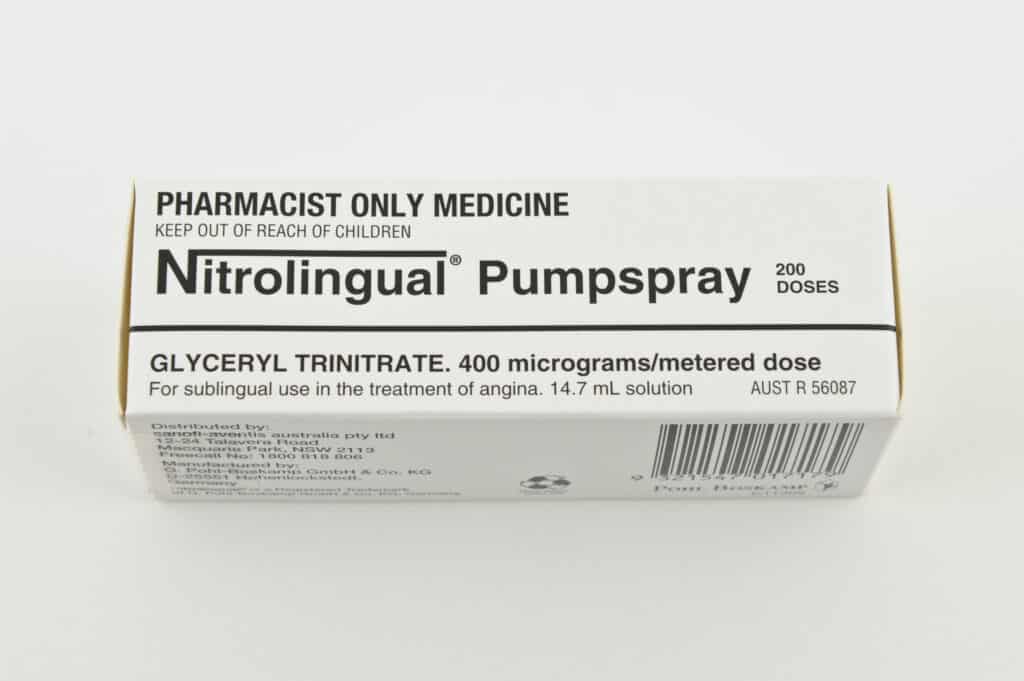News
Why GTN Spray is no longer a standard item in our Red Emergency Bag
A leading reason for no longer supplying GTN Spray as a standard drug was that in the last 25 years, we have only seen it used in action by a dentist on two occasions and this was for self-medication as he was suffering cardiac chest pain and used the GTN so he could finish treating his patient. Luckily, his principal dentist took him go to hospital where he was treated for cardiac ischemia.
Our records clearly showed that dental practices were not utilising the medication, and this impacted our decision to withdraw it as a standard medication in our emergency bag.
On top of this, we also became aware that GTN was now seen as a highly interactive drug, which is not surprising given it is metabolised in the liver. A synopsis of these interactions includes the absolute contraindication for its administration in the presence of PDE-5 inhibitors (sildenafil citrate, vardenafil hydroxide and tadalafil), medications that patients are unwilling to disclose easily. However, the growing list of medications with which GTN interacts with is now 239 of which 19 are major, 192 moderate and 28 mild (https://www.drugs.com/drug-interactions/nitroglycerin.html).
Of added concern was the Increased risk (although small) of methemoglobinemia when combined with lignocaine (https://go.drugbank.com/drugs/DB00281).
Of more concern though was the increased evidence of GTN causing adverse outcomes in patients with raised inter-cranial pressure, right sided myocardial infarction, heart rates less than 50 beats a minute or more than 150 beats per minute, poorly perfused (shocked) patients, hypertrophic obstructive cardiomyopathy, and patients with low filling pressures in AMI or left ventricular failure. Many of these conditions would not be discernible to many dentists as they do not have access to the diagnostic equipment necessary to test for them.
As a result, we have dropped the GTN from the standard bag, but we are happy to provide it should a practice require it.

